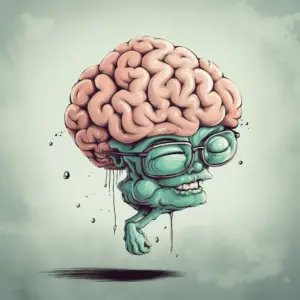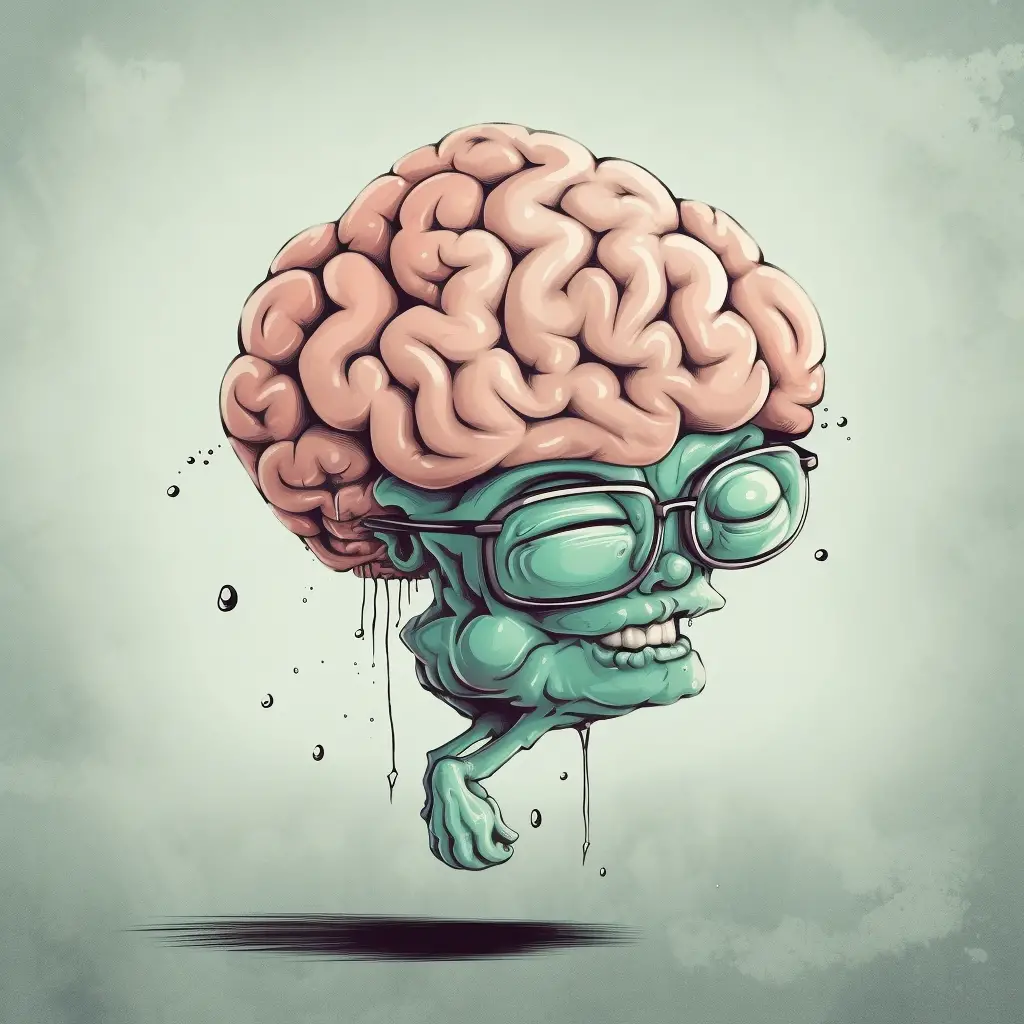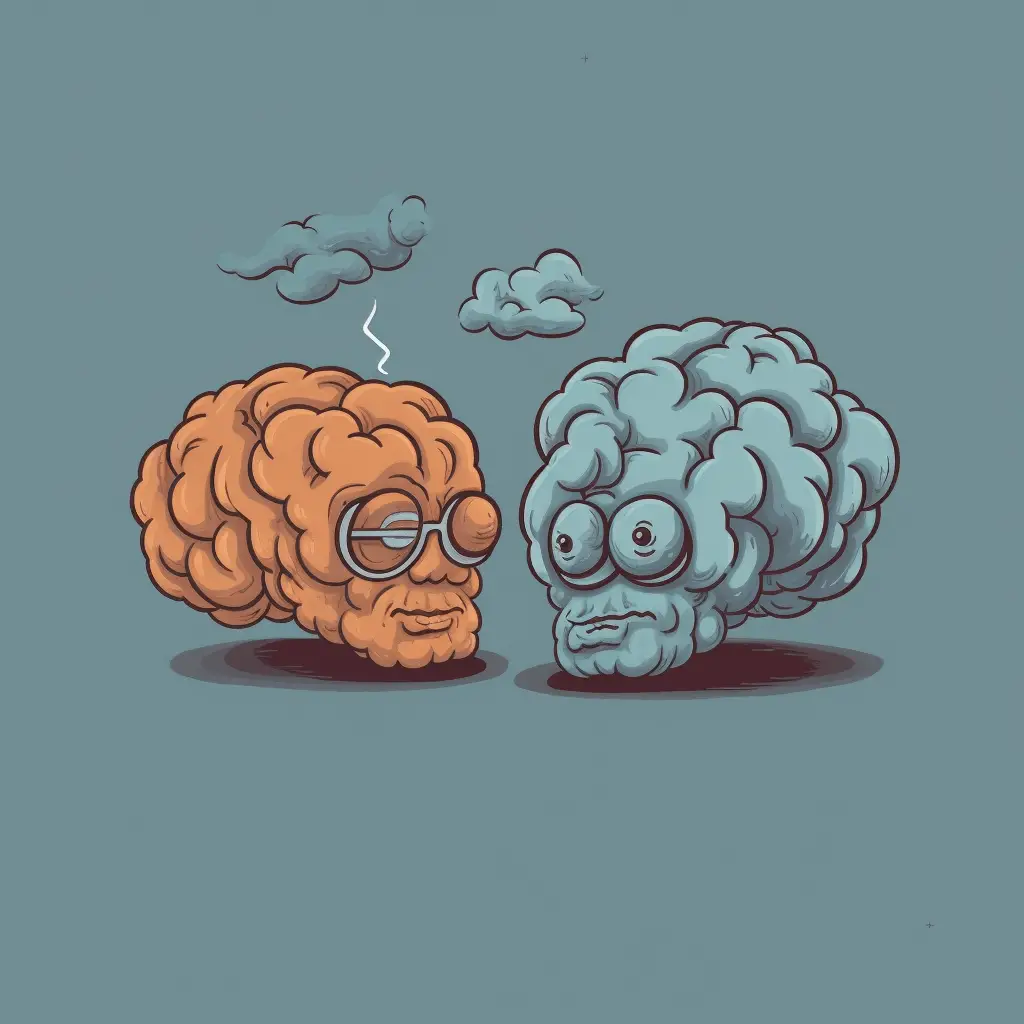
In psychology, the context effect is the belief that environmental factors around an event affect how it can be perceived and stored in memory. It’s a strong theory used in a lot of marketing tactics, so beware. Just think of an Apple store and how clean and shiny and pretentious the entire experience is. For some reason, many of us will look fondly upon that experience and think better of Apple no matter how ridiculously overpriced their products are.
Understanding the Context Effect in Psychology
The context effect is a sneaky trickster that plays with the mind, making people see things differently depending on the environment they are in. Imagine a magician on a stage, and the audience is the mind. The stage and the props are the context, and the magician is the context effect. It’s like the magician has the power to change the way the audience sees things, just by changing the setting.
The Science Behind the Context Effect
In the world of psychology, scientists have discovered that the brain is a bit like a sponge, soaking up information from the environment and using it to help understand and remember events. The brain takes in all the sights, sounds, smells, and feelings from the environment and uses them to create a mental picture of what’s happening. This mental picture is then stored in memory, and it can be influenced by the context in which it was formed.
The Role of Context in Memory
In the same way that a chameleon changes its color to match its surroundings, the brain can change the way it stores and retrieves memories based on the context. When people are in a certain context, their brain will be more likely to remember things that are related to that context.
For example, if someone studies for a test in a quiet library, their brain might be better at recalling the information they studied when they are in a similar quiet environment. This is known as context-dependent memory.
Context Effect in Action: Everyday Examples
Now that the mysterious context effect has been unveiled, it’s time to take a look at some examples to see it in action. Remember, the context effect can be a sneaky magician, so keep an eye out for its tricks.
Example 1: The Background Music Trick
Ever notice how certain songs or background music can make a person feel happy, sad, or even hungry? That’s the context effect working its magic. Restaurants and stores often use music to create a certain atmosphere, which can make customers more likely to enjoy their experience and spend more money. It’s like the music is casting a spell, making people think that the food tastes better or that the clothes are more stylish simply because they like the music playing in the surroundings.
Example 2: The Packaging Illusion
Sometimes, people might think that a product is better just because it comes in a fancy package or has a cool design. This is another example of the context effect in action. The packaging creates an environment that makes the product seem more valuable or higher quality, even if the actual product is no different than a cheaper version. It’s like a magician making a rabbit appear out of thin air, even though it was just hidden in a hat.
Example 3: The Power of Scents
The context effect can also work its magic through the sense of smell. Companies often use scents to create a certain atmosphere, which can influence how people feel and behave. For example, a hotel might use a calming scent in the lobby to help guests feel relaxed and at ease, while a gym might use an energizing scent to help members feel more motivated. The scents create a context that can have a powerful effect on people’s emotions and actions.
The Context Effect: A Powerful Force in Everyday Life
In conclusion, the context effect is a psychological phenomenon that can have a big impact on how people perceive and remember events. It’s like a master magician, using the power of context to influence the way people think and feel.
So next time you find yourself in a situation where the environment seems to be affecting your thoughts and feelings, remember the context effect and its sneaky tricks. And who knows, maybe you can use this newfound knowledge to your advantage and become a master magician yourself!





